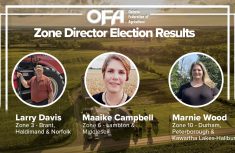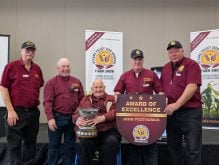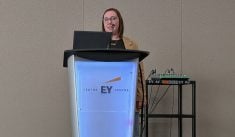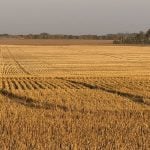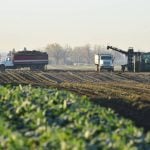Many battles are won and lost before waging war, and so it goes on the election trail.
Having local candidates and party leaders hear concerns during the campaign is the first step toward having them heard by caucus.
Why it matters: Agricultural issues raised during an election campaign provide a road map to winning candidates for future needs and potential policy.
Read Also
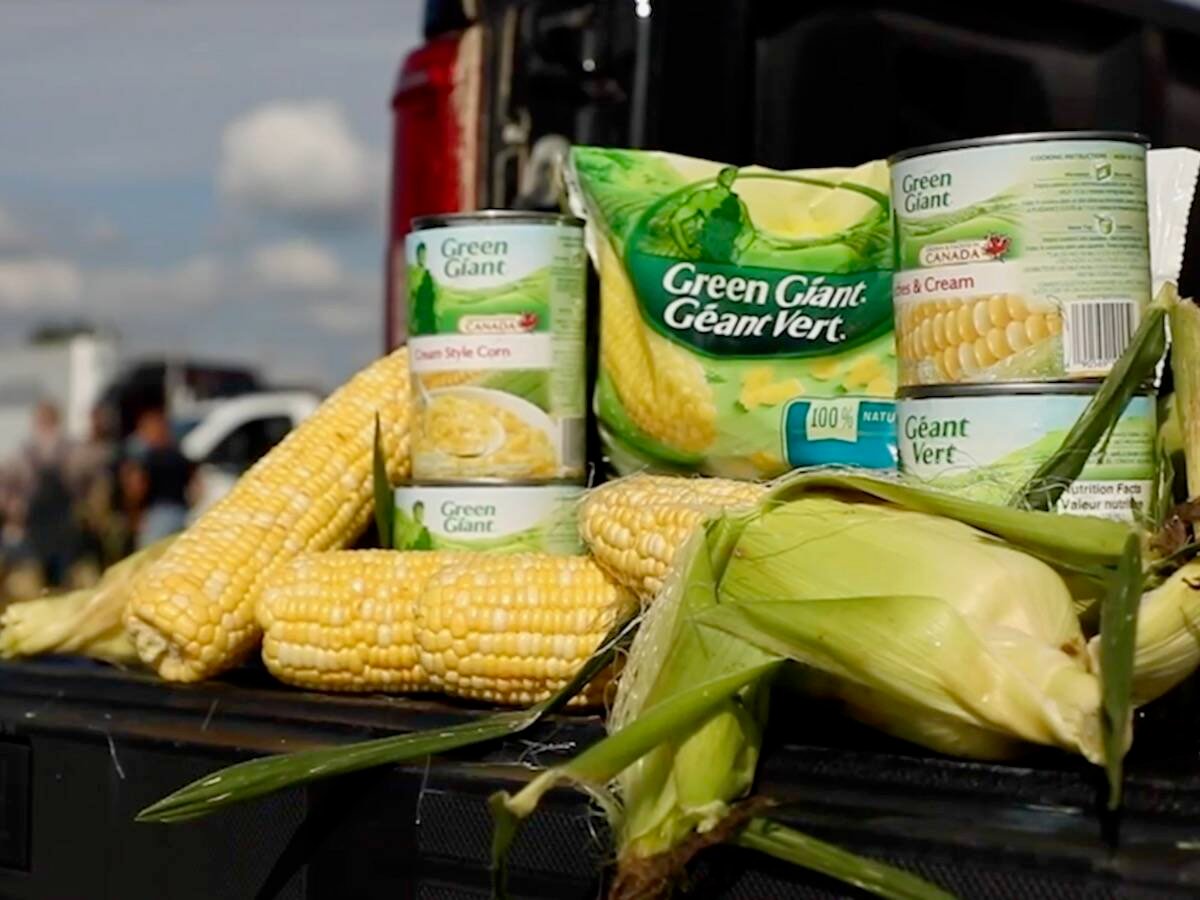
Packer buys Green Giant, Le Sieur veg brands from U.S. owner
A Quebec-based processor’s deal to buy the Green Giant and Le Sieur packaged and frozen vegetable brands in Canada from a U.S. owner clarifies the status of two popular retail brands grown by Canadian farmers.
Farmers should pose questions at local candidates’ meetings, during the agricultural leaders’ debate and at the party leaders’ debates, said Keith Currie, Canadian Federation of Agriculture vice-president and an Ontario farmer.
“(Ask them) how are you going to deal with some of these agricultural issues? And hold their feet to the fire.”
A solid presentation of ag issues to local candidates creates momentum for those elected to say, ‘I’m getting a lot of pressure back in my riding for this. What are we doing about it?’ Currie said.
It also builds a framework where local MPs can connect with agricultural leaders for advice and expertise, which is especially important for candidates unfamiliar with the sector, said Peggy Brekveld, Ontario Federation of Agriculture president.
“Elections are always opportunities to have conversations to highlight tough issues and to make a difference. I think we need to be a part of those conversations,” she said.
Timing of the election isn’t ideal, considering that farmers have been dealing with drought, wildfires and hail. However, raising issues must be a priority if farmers want action, said Brendan Byrne, Grain Farmers of Ontario chair.
The pandemic may hamper efforts to gain face time with candidates due to safety protocols and virtual all-candidate debate settings.
“When stuff matters, you can count on the farm community to show up and do their level best to help, and I think that’s no different here,” Byrne said. “The farm community will find ways to ask questions, and they’ll find ways to convey messages.”
The OFA and GFO have provided online tool kits with background information and tips on how farmers can engage candidates when the opportunity arises.
Speaking with local candidates is an opportunity to highlight any of the 200-plus commodities grown across Ontario, said Brekveld.
Each region has its specialty, which farmers can use to emphasize the difference agriculture makes to the local economy, food production and tourism.
“I am hoping that the engagement farmers have with politicians will be a conversation starter for when they are in power, and that we can start to move the issues forward in a positive way,” she said.
Byrne said the best that agriculture can hope for with the new government is a commitment to deal with the nation’s issues regardless of political stripe.
Whether it’s an environmental policy or getting the economy back on track, there would be a better chance of achieving those goals if there was greater commitment to working together.
“It’s a way to create some sort of optimism for the regular Canadian that is looking at it saying, ‘Is there a way that we can come together and maybe find a solution together’ instead of an us-versus-them type mentality,” he said.




